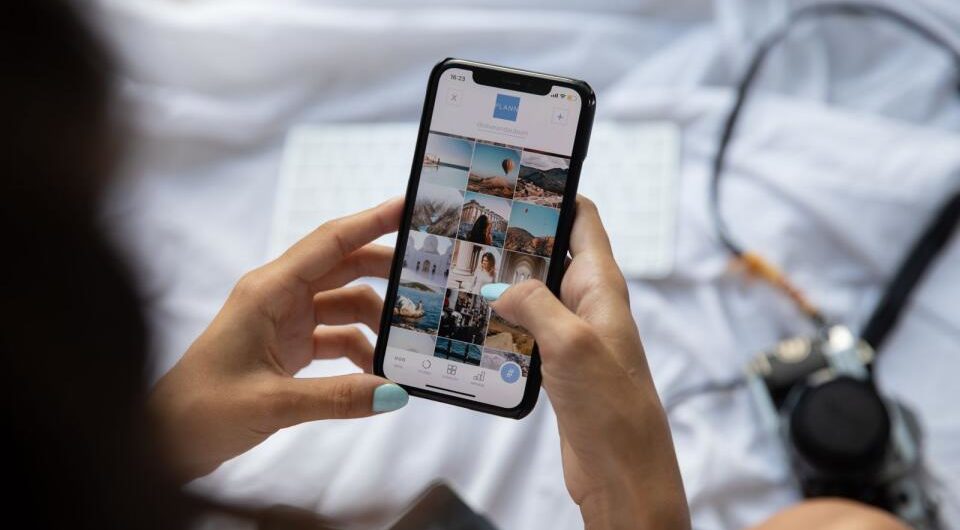It’s late, you’re tired, you wanted an early night, and yet you’re still scrolling aimlessly through the social media feed on your phone.
Sound familiar? You might be guilty of ‘revenge bedtime procrastination’.
The phrase, which first emerged on social media last year, is used to describe the impulse to keep yourself up in order to claim back some ‘down time’ after a busy day, even when it comes at the expense of sleep and wellbeing.
This can take the form of browsing the internet, watching TV or scrolling through a social media feed.
‘Revenge bedtime procrastination is when we actively choose not to sleep to regain some sort of “me time” which we feel has been taken from us by all the other priorities in our life that make us feel out of control,’ explained Dr Lynda Shaw, a neuroscientist, psychologist and change specialist.
“The brain doesn’t do uncertainty and it doesn’t do gaps. So it fills the gaps with information and control seeking behaviour.
“In this context, revenge bedtime procrastination is a revenge for the out of control world we are experiencing, however ironically it only serves to hurt us further.”
The phenomenon has garnered more attention over recent months after it was popularised on Twitter and TikTok by social media users who described their inability to put down their phones at night.
Among them was University of Iowa student Saman Haider.
“I came across this term, and as soon as I read the definition, I was like, ’This is me’,” she told Glamour.
She went on to create a TikTok video about the condition which has been viewed more than 17.7million times.
“Fun fact, did you guys know that there’s this thing called revenge bedtime procrastination,” she asked in the video.
“Where people will refuse to sleep because they don’t have much control over their daytime life, so they will sleep very late at night, even if they’re super tired, because they just don’t want that free time to end at night, and they don’t want tomorrow to start?”
Shaw pointed out this behaviour might have worsened over the last 18 months due to the unique stresses and pressures of the pandemic.
“Since the pandemic started there has been a massive sense of uncertainty and lack of control over our lives, as well as working longer hours and losing our ability to socialise and unwind,” said Shaw.
“The line between work and home life is now very blurred. More than ever people do not switch off and we are slaves to work, our families and all the other demands on our time.
“Many of us feel we owe it to ourselves to kick back so that we have some influence over how we spend our time. Relaxing has now been put on the to-do-list,” she added.
In short, relaxing has never felt more important, but time to relax has never been more difficult to come by.
However Shaw urged people who find themselves ending the night with ‘revenge bedtime procrastination’ to try and curb the habit.
‘Sleep is incredibly underestimated,’ she continued. ‘For instance, we know that we consolidate learnings and memories when we sleep.
“We also flush out toxins that have accumulated in the brain throughout the day and it’s worth noting that lack of sleep can lead to anxiety and depression,” said Shaw.
She said it is important to prioritise sleep and to schedule breaks during the day.
“As long as what you choose to do with those 10 minutes is a deliberate choice, you will start to feel in more control of your destiny which means you are more likely to welcome going to bed to sleep. It’s a win win,” concluded Shaw.




